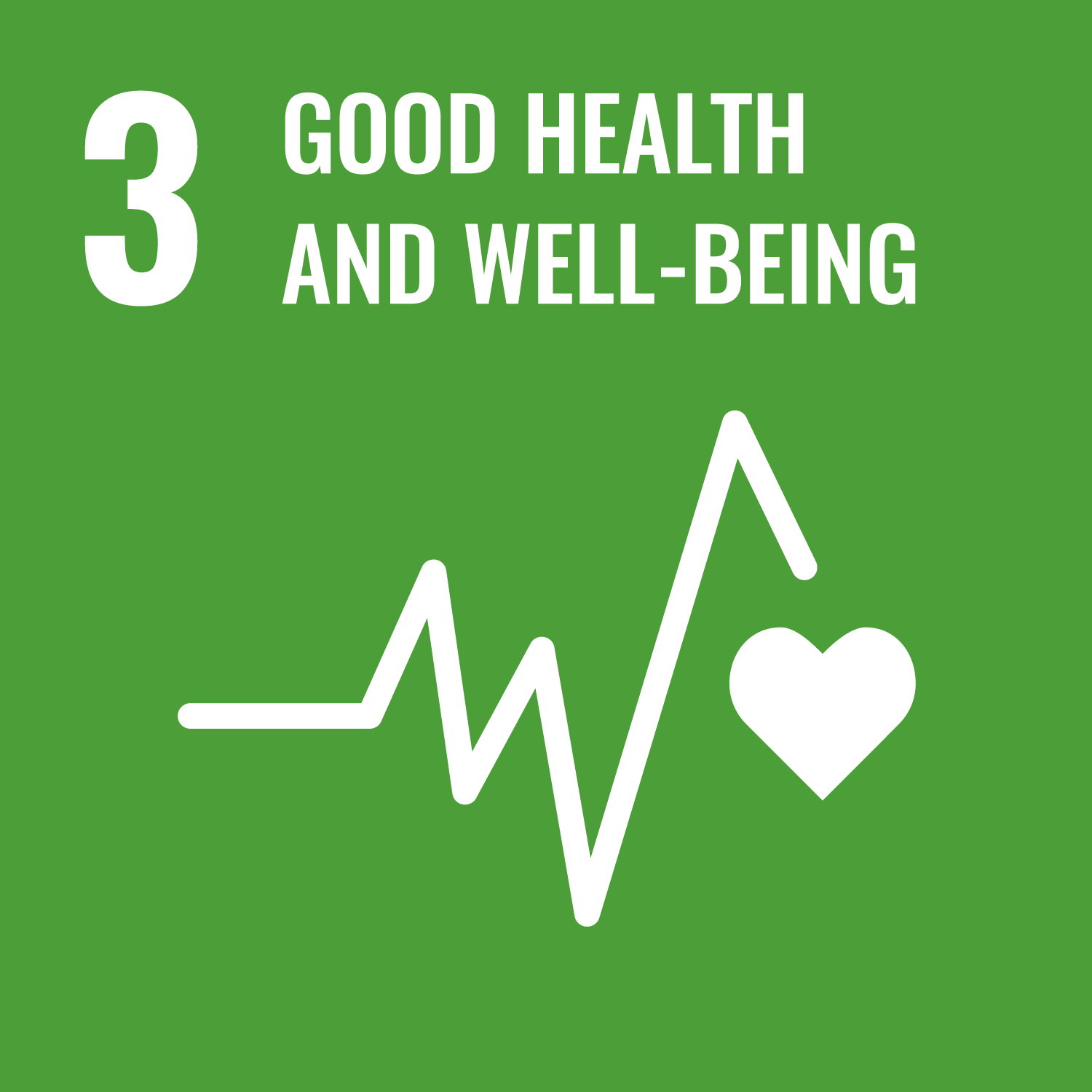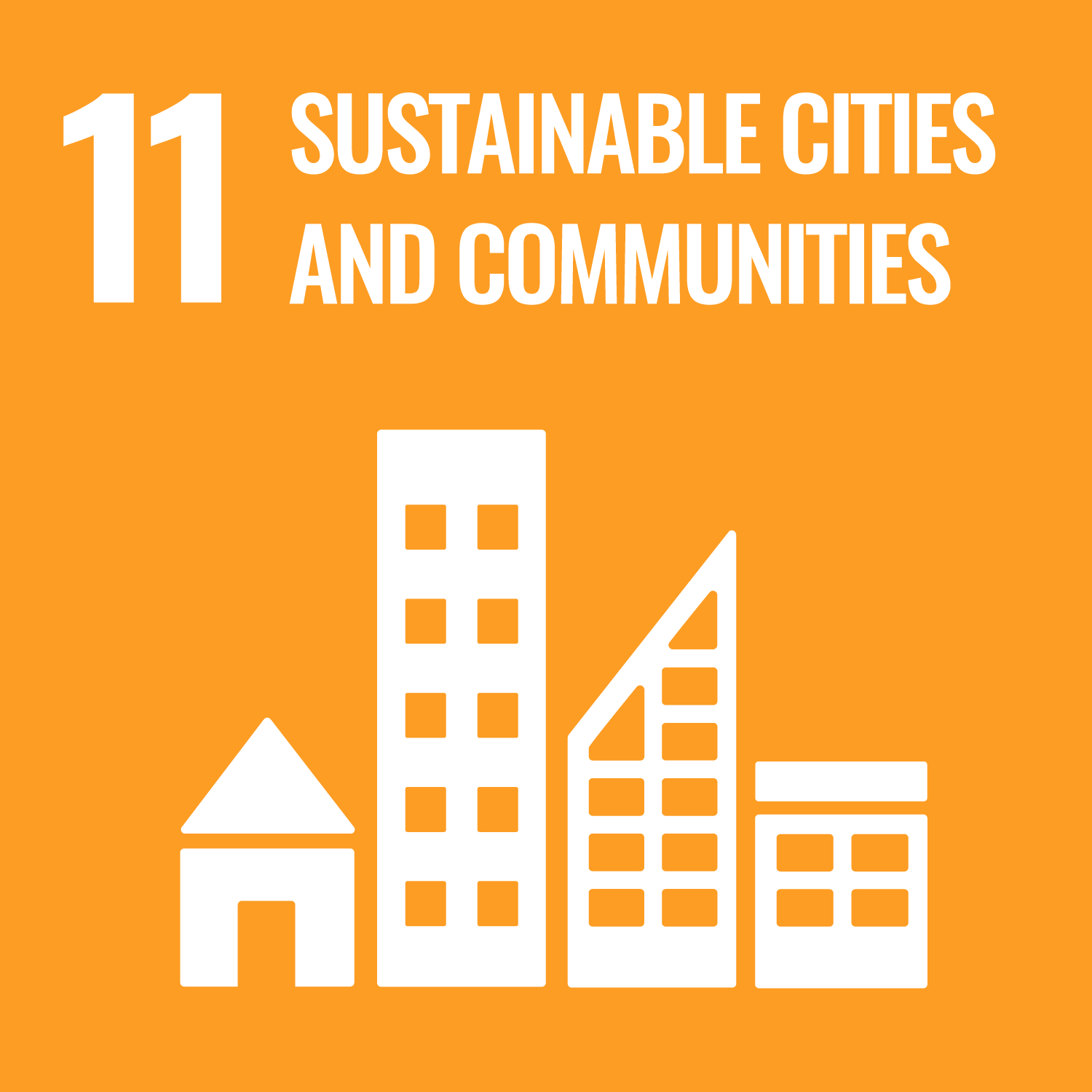Introducing TRACECA Road Safety II
The Transport Corridor Europe-Caucasus-Asia programme (TRACECA) was launched by the European Commission in 1993 to encourage development of a transport corridor from Europe to China, via the Black Sea, the Caucasus, Caspian Sea and Central Asia. The main aim of the European Commission’s TRACECA programme is to strengthen economic relations, trade and transport links between the EU and the programme’s participating countries.
In 2011, by initiative of the EU, the beneficiary countries worked together to develop solutions at both a regional and local level, producing a TRACECA Regional Road Safety Action Plan (EU, 20121). The current EU-funded regional transport project, TRACECA Road Safety II, is designed to assist the implementation of such Regional Road Safety Action Plans in each of the participating countries and is managed by GRSP with the support of 12 co-implementing organizations.
The GRSP approach is to support the implementation of the TRACECA Regional Road Safety Action plan with particular focus placed on safer road users, medical care for crash victims, and changing attitudes to road safety. The underlying model for the project is one which involves building both government and civil society stakeholder capacity, promoting long-term and sustainable partnerships and knowledge sharing, and increasing collaboration and cooperation within the Eastern Europe, Caucasus, and Central Asia Sub-regions.
The programmed activities in year one include a country assessment on the local road safety situation, key road safety stakeholders in government and civil society, road safety enforcement, and national data collection. The outcomes of this report will inform the focus of sub-regional risk factor workshops as well as specific deliverables such as recommendations on data collection methodology. Year one will also see the creation of sub-regional coordination groups and national project advisory groups to ensure buy-in from relevant stakeholders and beneficiaries as well as to better inform project activities.
From a technical assistance standpoint, year one will include major workshops on identified road safety risk factors and designing and implementing road safety campaigns as well as national-level workshops to train enforcement officer trainers. Stakeholders will benefit from a number of technical resources, including an online library of good practice public awareness campaigns.
As the project moves into year two, the Global Road Safety Partnership envisions the rollout of national road safety interventions in pilot communities as a means of putting into practice knowledge and skills gained in year one. Additionally, the Global Road Safety Partnership will initiate school-based road safety programmes in beneficiary countries using our “Safe to School – Safe to Home” methodology. We also expect to see enforcement trainers deploy good practice skills and knowledge acquired in year one throughout beneficiary countries. Finally, in year two, the Global Road Safety Partnership will launch a pilot driver rectification program in the Republic of Moldova and a pilot program in the Caucasus sub-region to assess and analyse accident management at border crossings. The Global Road Safety Partnership then envisions concluding the project with a series of 1 day technical workshops in each country where the project coordinator will meet with the local project advisory boards, review progress under the project, and develop post-project action plans
The outcomes of this project are stated as:
- 10 coordinated, multi-sector and multidisciplinary in-country cooperation on road safety;
- 300 stakeholders with a shared vision of road safety;
- 10 groups of key stakeholders working groups capable to design and implement risk factor pilot interventions, effective public awareness campaigns, and other country-tailored pilot interventions;
- 300 trained traffic police officers to prevent traffic-crashes and deaths and to promote road users safety behaviours;
- 300 civil society members (staff, volunteers, reps of the NGO sector) in advocacy principles and updates in first-aid training
- 10 Red Cross Red Crescent Societies awarded/certified with the European First Aid Certificate
- Production and dissemination of 3 types of manuals and tools adapted for local use
- An online library on good practice public campaigns with access to Ministries, Road Safety Councils, RCRC National Societies, NGOs and business sector
Participating Countries
| Armenia | Moldova |
| Azerbaijan | Tajikistan |
| Georgia | Turkmenistan |
| Kazakhstan | Ukraine |
| Kyrgyzstan | Uzbekistan |
With background work having commenced earlier in the year and the first stakeholder workshops scheduled for October, you can be assured that we shall keep you up to date with this project as it develops.





